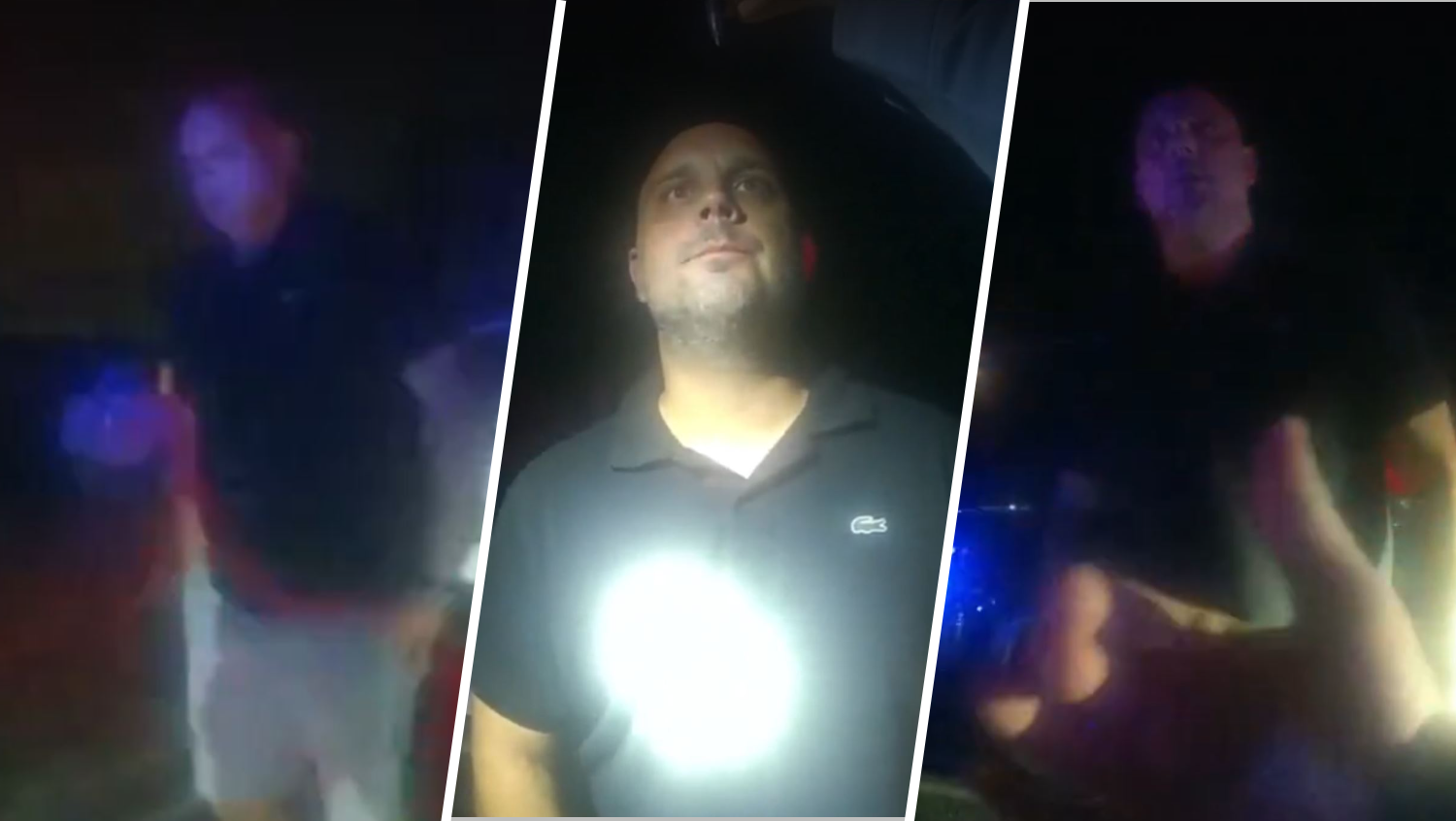What to Know
- Alexandria Ocasio-Cortez, a 28-year-old Democratic socialist former bartender, upset Rep. Joseph Crowley in a New York primary
- Crowley is one of the top-ranking Democrats in Congress and has served in his position since Ocasio-Ortiz was a teen
- Ocasio-Ortiz is poised to become the youngest congesswoman in history if she wins her midterm election in November
Alexandria Ocasio-Cortez started running for Congress nearly a year ago while she was still working a second job in a restaurant.
On Tuesday, she defeated one of the House's most powerful Democrats in their New York City district's primary, an upset that shocked her as much as it has the political establishment.
Now, the world is quickly getting to know the 28-year-old vying to become the youngest woman ever elected to Congress. A community organizer who spent some time working for the late Sen. Ted Kennedy, D-Mass, she is speaking to the working class, whose struggles she knows well — her father died in the middle of the recession in 2008, and her mother was left cleaning school buses.
"That's why I started waitressing and bartending, so that she could keep her home," Ocasio-Cortez said on MSNBC's "Morning Joe" on Wednesday. "So I understand the pain of working-class Americans because I have experienced the pain and I have experienced the urgency of this economic moment."
The Democratic socialist defeated Rep. Joseph Crowley, the No. 4 Democrat in the House who was positioning himself to lead the party after House Minority Leader Nancy Pelosi.
But instead of celebrating an 11th election victory in the 14th district, which covers parts of Queens and the Bronx, Crowley found himself hailing Ocasio-Cortez as his successor on Tuesday night, even singing Bruce Springsteen's "Born to Run" in her honor.
Local
Ocasio-Cortez's reaction to winning was captured live on TV: "Nope, I cannot put this into words."
By Wednesday, she was able to say the victory felt great and credited it to "a laser-focused message of economic, social and racial dignity for working-class Americans."
Some saw it as an Earth-shaking victory for the progressive wing of the Democrats over the establishment, similar to a Tea Party candidate unseating a top Republican, Rep. Eric Cantor, in 2014. Ocasio-Cortez was vastly outspent during the race but won the endorsement of some influential groups on the party's far left, including MoveOn, as well as the actress Cynthia Nixon, who is running for governor. She nevertheless defeated Crowley by 15 percentage points.
But Pelosi told reporters told reporters Wednesday that the result doesn't necessarily signify a shift in the party as a whole.
"The fact that in a very Progressive district in New York, it went more progressive ... it is not to be viewed as something that stands for everything else," she said.
Born in the Bronx into a Puerto Rican family, Ocasio-Cortez said she was galvanized to run by the year 2016, which she called "a year of awakening" that brought the Boston University graduate to the oil pipeline protests at the Standing Rock Sioux Reservation in North Dakota and Flint, Michigan, where the water system has been in crisis for years.
Yet Ocasio-Cortez rarely criticized President Donald Trump outright during the campaign, she acknowledged Wednesday, suggesting that Democrats would find success if they honed their own message instead of focusing on him.
"What we need to do is lay out a plan and a vision that people can believe in and getting into Twitter fights with the president is not exactly I think where we're going to find progress as a nation," she said.
Still, she said on CNN Wednesday that she would support impeachment: "We have the grounds to do it."
Ocasio-Cortez said she started campaigning "out of a paper bag" and didn't have enough money to do polling in the race.
Crowley raised about $2.5 million this election cycle, Ocasio-Cortez brought in just $313,000, according to Federal Election Commission filings. But she felt in her gut that her message had a chance to connect and kept on knocking on doors and speaking with residents.
Among her issues is expanding the Medicare program to people of all ages and abolishing Immigrations and Customs Enforcement. She recently went to Tornillo, Texas, to protest against policies that have separated parents from their children at the southern U.S. border.
"The moral character of our nation is on the line," she said Wednesday.
Ocasio-Cortez gained some internet attention for a campaign video called "The Courage to Change," a two-minute spot for which she wrote the script and featured footage from her own home.
Her victory brought a tweet of congratulations from Sen. Bernie Sanders, whom she worked for in the 2016 presidential campaign. He called it an "extraordinary upset victory" that "demonstrated once again what progressive grassroots politics can do."
Trump also commented on the primary, tweeting, "That is a big one that nobody saw happening. Perhaps he should have been nicer, and more respectful, to his President!"
"Wow! Big Trump Hater Congressman Joe Crowley, who many expected was going to take Nancy Pelosi's place, just LOST his primary election. In other words, he's out!" he tweeted.
The Republican candidate for the office, Anthony Pappas, is running unopposed and had no primary. Pappas teaches economics at St. John's University.
If Ocasio-Cortez wins in November — and no younger candidate does as well — Ocasio-Cortez will replace fellow New Yorker Rep. Elise Stefanik, a Republican from upstate, as the youngest woman ever to be elected to Congress.



